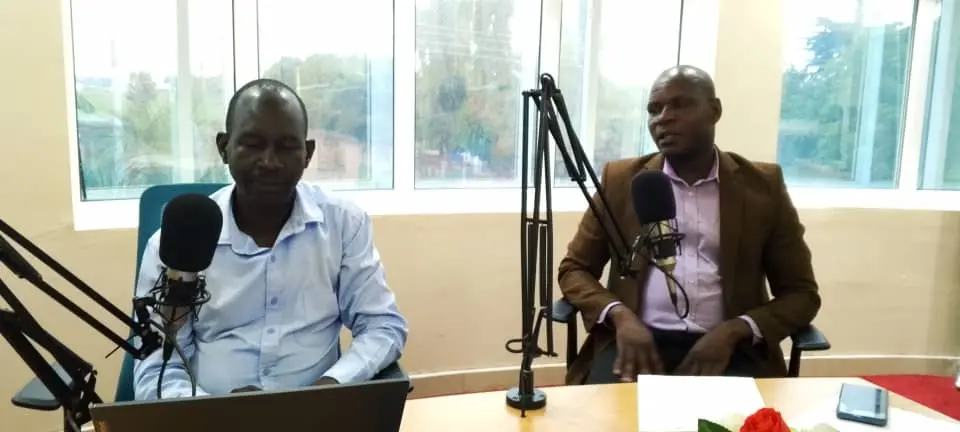SOCIETY FOR PROFESSIONAL HEALTH EDUCATIONISTS UGANDA.
CHEWs & VHTs
Community Health Extension Workers together with Village Health Teams are key in reaching communities and have greatly worked with the Society For Professional Health Educationists Uganda. Training them is key to improve on their skills.
Our CHEWs Program
The Community Health Extension Worker (CHEWs) Training Program is designed to empower individuals in rural areas to become effective health advocates and providers within their communities. This initiative aims to address the pressing health disparities faced by underserved populations by equipping community members with the necessary skills and knowledge to promote health and wellness. We train local residents as CHEWs to create a sustainable model of healthcare delivery that is culturally relevant and accessible, ultimately improving health outcomes in their regions.
The program focuses on a comprehensive curriculum that covers essential topics such as disease prevention, health education, and community engagement.
By fostering a sense of ownership and responsibility among community members, we aim to build a network of health workers who can bridge the gap between healthcare providers and the populations they serve. This initiative not only addresses immediate health needs but also empowers individuals to take charge of their health and well-being.
Our VHT Program
The Village Health Team (VHT) Training equips community volunteers with basic healthcare knowledge and skills to improve health service delivery at the household level, empowering communities and bridging the gap in healthcare access
VHTs are ordinary community members selected by the communities to provide accurate health information and link community members with available health services.
VHTs are trained to:
Mobilize communities for health action and promoting health to prevent disease.
Treat simple illnesses at home and checking for danger signs.
Report and refer community sickness to health workers.
Train on specific diseases and interventions.
Conduct health education sessions and promoting hygiene.

VHTs from different regions after training on Ebola received the personal protective equipment's to use from the Society for Professional Educationists Uganda.
Ebola is an acute serious illness caused by Ebola virus and is often fatal if untreated. The virus that causes Ebola is transmitted to people from wild animals and then spreads in the human population through human-to-human transmission trough contact.
Different interventions and Ebola management including prevention and control activities have been implemented and guided by the Society for Professional Health Educationists Uganda.
We've been able to conduct training of over 1000 VHTs in different regions on Community Based Disease Surveillance, Risk Communication and Safe Dignified Burials with the main goal to increase awareness on Ebola viral disease (EVD) in different regions of Uganda for effective risk communication, surveillance/contact tracing, engagement of the communities geared towards control of EVD where by these were fully trained for three days and have done a great role in conducting health education in their different communities.
Different response pillars were deployed to fight the outbreak and these include.
- Laboratory
- Case management
- Emergency medical services
- Safe and dignified burials
- Wash and infection control
- Risk communication
- Social mobilization
- Community engagement
Achievements from the VHT trainings on Ebola disease.
The following were the achievements by the end of the training;
- VHTs were equipped with items including gumboots, umbrellas, and bags including reporting forms for use during the three plus months of community Ebola management activities.
- New knowledge about Ebola including; causes, signs and symptoms, prevention etc. was well delivered to the participants. Most of the participants had never received training about Ebola although some had information through other sources. The information that most of them had was however not clear and would not lead to effective Ebola management before, during and after the outbreak.
- Some myth and misconceptions about Ebola were dispelled and participants gained skills on how to approach community members better with the knowledge on Ebola management.
- Integrating Ebola Health education with routine VHT activities. During the training, all VHTs expressed commitment to integrate Ebola health education with their usual activities in the community in order to prevent the outbreak. This will serve as an effective way to prevent Ebola in the area.
- Increasing awareness in their communities on the Ebola viral disease and ending the Ebola outbreak in the district.

Bonny Natukunda giving out reflector jackets to boda boda riders with some key message s on Ebola.
s on Ebola.
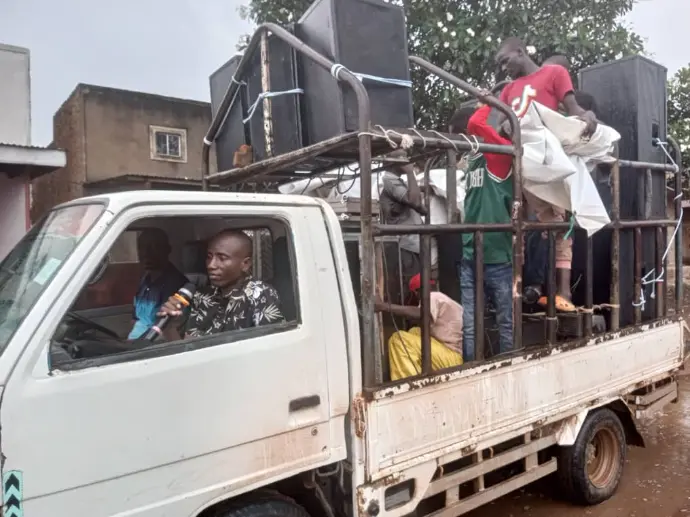

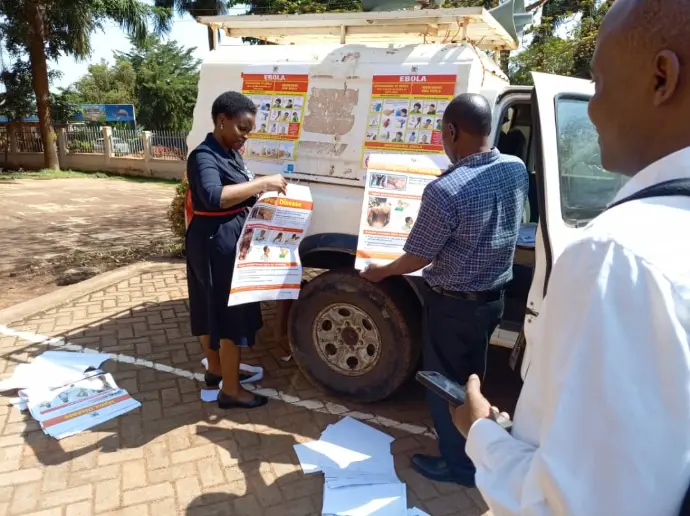
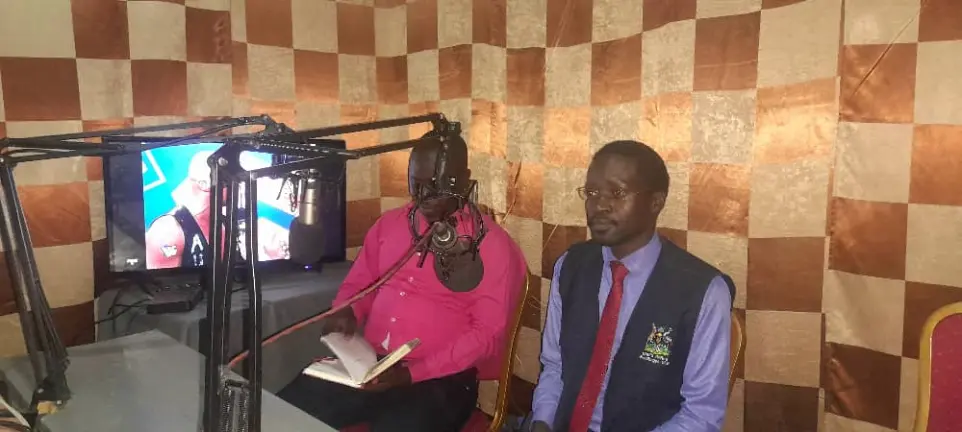


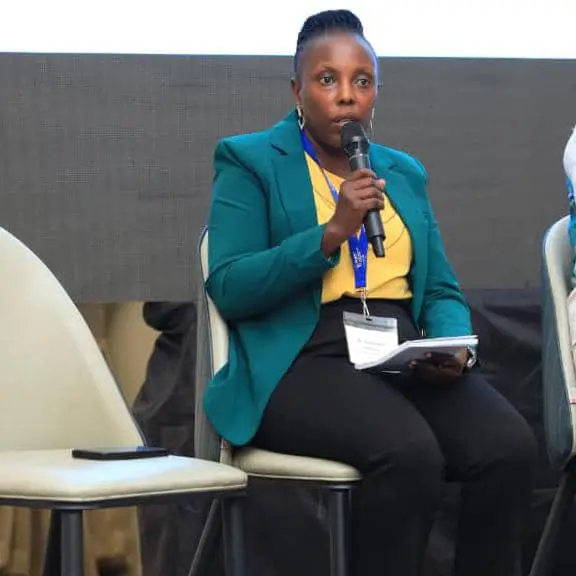
Changing communities through talk shows

